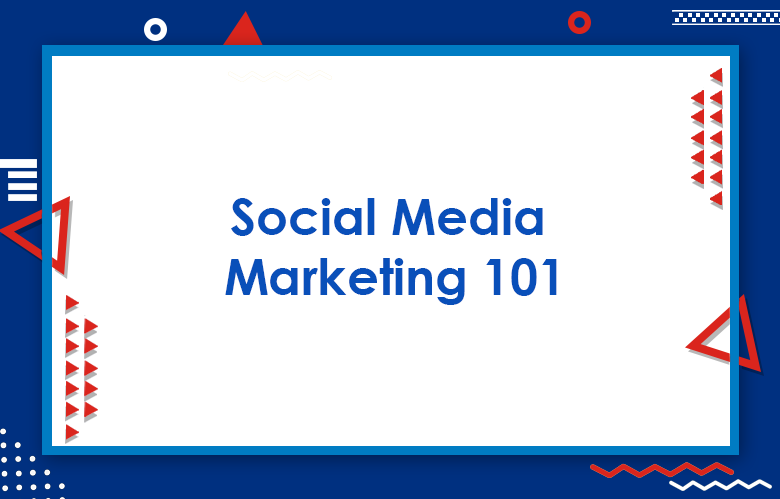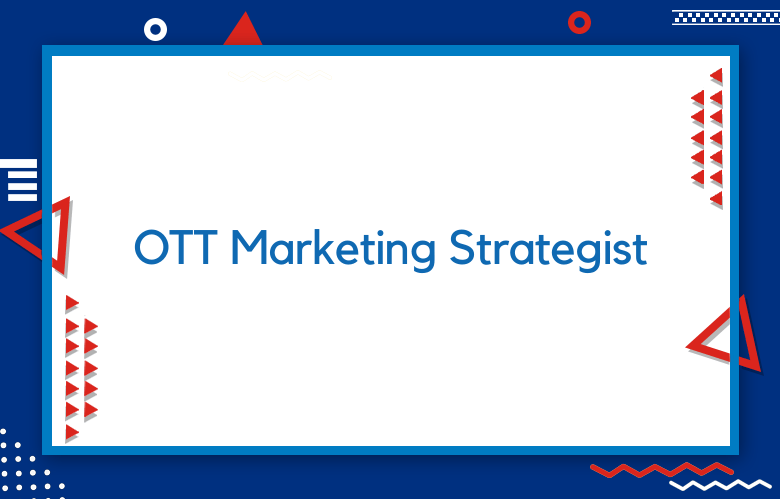Google Analytics KPIs that Matter for Website Performance

Google Analytics KPIs: Google Analytics is the measuring media for the business websites that enable the marketers to know the website traffic that projects the website performance. We all who are about to or already running the business website are much aware of Google Analytics that offer several business insights that include consumer behavior, conversions, trending topics, etc.
Simultaneously diving into the sea of Google Analytics report seems to be a challenging task for marketers that consumes time. Here you can find the Google analytics KPIs that can drive the most successful results through your marketing strategies.
Google Analytics KPIs
Bounce rate:
It is nothing but the percentage of the website visitors that quit your business website after viewing the page.
Social media sharing rate:
Social media sharing defines the quality of the website content and the distribution of it on social media channels. The rate of social media sharing can be low or high, which you need to focus on targeting the potential audience.
Comment rate:
The comment rate can be the number of comments that your website content obtained on the social media platforms and other channels, which can let you understand your performance levels in the market.
Pages per session:
It is the average number of web pages a consumer views in the provided session, and it is the most considerable metric that all should consider.
New visitors:
The number of new visitors that arrived on your business website can help in understanding the growth of your brand in the global market.
The conversion rate of business goal:
The rate of percentage of the visitor sessions directed to the business goal conversions. It is the user activity during the consumer sessions on the brand website.
Conversion optimization by tracking the events:
Building the business goals in Google Analytics is the primary factor in optimizing the conversion rate.
eCommerce conversion rate optimization:
eCommerce conversion rate is nothing, but the number of website consumers turned into the conversions that focus on the web page of the products.
Order value on an average:
It is the primary eCommerce metric that can be determined by the average amount the customers spend while purchasing the products from the specific website. Through this, the eCommerce brands can understand consumer buying behavior.
Visibility:
The enhancement of brand visibility by adding valuable content that reaches your target customers is another metric that you need to know.
Interaction:
Build strong customer interaction by responding quickly to consumer queries that can show a considerable impact.
Geo-targeting:
Geo-targeting is the local PPC through which the businesses can deliver the variable brand content and ad campaigns to the customers depending on the geographic locations.
Cost per visit:
Through cost per visit, the business brands can avoid the risks of buying the traditional media, and when the in-store visits occur then, only the marketers can pay.
Web page loading time for each country:
The most considerable metric is minimizing the website loading time for each country.
Browser bounce rate:
The browser bounce rate is the percentage of the consumer sessions on the website where they view the single page and prompt the single request to the Analytics server.
Paid vs organic sessions:
The estimation of the organic search traffic and paid search traffic that drives the real-time conversions is necessary.
Top search queries:
Record the top search queries that take place on the search engine and make sure to target them.
Top webpages by gender:
The understanding of the top web pages by targeting the gender category is essential.
The total of newly arrived website visitors:
Try to know the newcomers to the website that become the potential customers by purchasing the products.
Audience:
Analyze the audience activity on the website that means which type of content they are interested in.
Rejection of shopping cart:
Identifying the total number of rejections of the shopping cart that lower the sales conversion.
Exit survey completion rate:
The exit survey completion rate should be noted to know how many are interested in giving your brand feedback.
Revenue over ad spending:
The calculation of the ad spending that can help you improve the ROI of your eCommerce store is an essential factor.
Sales per visit:
The number of sales per website visit that your business made is necessary to understand.
Consumer purchase history:
Review the customer buying history through which you can improve the brand strategy and drive sales.
The lifetime value of the customers:
The amount spends by the customer to buy the products of your business during their lifetime is another factor to know.
The activity of the newsletter opens:
Understanding the activity of the open rate of a business newsletter is the most considerable metric to improve your business success.
Traffic sources for the website:
Know the type of devices that play a vital role in the generation of website traffic that helps in the sales.
Time to conversion:
The time does it take to make the conversion over your website must be traced.
Branded keyword visits:
Try filtering the keywords that can find the sales of your business products through the launch of the website engagement.
Direct visits:
Monitor the direct visits to your website that can let you find the more advanced strategies to find the sales.
301 redirect rates:
This represents that a specific web page is moved to a new location that can’t damage your brand growth.
Inbound links:
The inbounds links on the website can influence the consumers and search engine to your web page and find more engagement.
Conclusion:
The purpose of using Google Analytics is one can know the performance of a business website, competitor performance in the market, and marketing trends, etc. can enhance the growth of the business. Monitoring the right and relevant performance metrics can let you achieve your business objectives by reaching the appropriate and most engaging audience by finding the potential conversions. Google is the marketing hub where millions of businesses are unique in attaining sales conversions.
Call: +91 9848321284
Email: [email protected]



